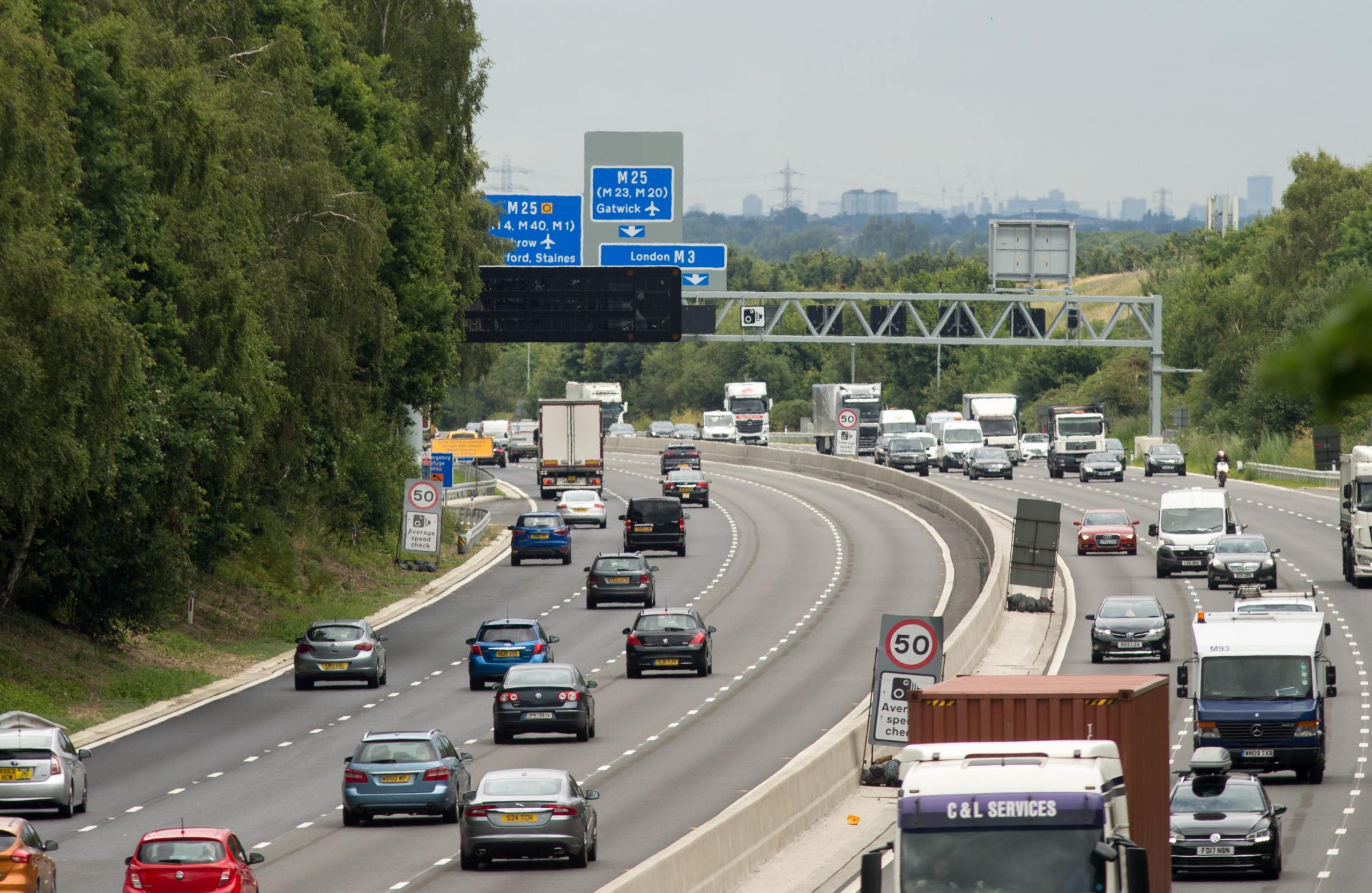The average price paid for motor insurance jumped by 16% annually in the first quarter of this year, as rising costs have become increasingly challenging for insurers to absorb, according to the Association of British Insurers (ABI).
Motorists typically paid £478 for private comprehensive cover in the first three months of 2023, which was a 2% increase compared with the previous quarter and the highest figure recorded since premiums cost £483 on average in the final quarter of 2019.
The ABI said insurers have been facing above-inflation cost increases, but they are doing all they can to offer competitive deals.
Energy charges, paint prices and courtesy car costs are among the outgoings which are pushing up the cost of repairs, while the price of second hand cars has also jumped, the ABI added.
In the first quarter of this year, the average price paid by motorists renewing their cover rose by £8 to £436, compared with the previous quarter, while the average premium for a new policy increased by £14 over the same period, to £545.
Financial Conduct Authority (FCA) rules on the pricing of motor and home insurance were introduced on January 1 2022, to ensure that the price paid by renewing customers for motor and home insurance is no greater than the price charged to an equivalent new customer for the equivalent policy bought through the same distribution channel, such as insurer, broker or price comparison website.
The rules do not set or cap the level of premium paid by new or existing customers. The price of cover will continue to reflect a range of factors, including the cost of settling claims, the ABI said.
Jonathan Fong, the ABI’s senior policy adviser, motor insurance, said: “With households battling the rising cost of living, the last thing anyone wants is a higher motor insurance bill.
“Naturally, every motorist wants the best insurance deal, and insurers are doing all they can to keep motor insurance as competitively priced as possible.
“Yet, like many other sectors, insurers continue to face higher costs. The price of certain raw materials and energy costs are rising at rates well above general inflation, and these costs are becoming increasingly challenging to absorb.”

